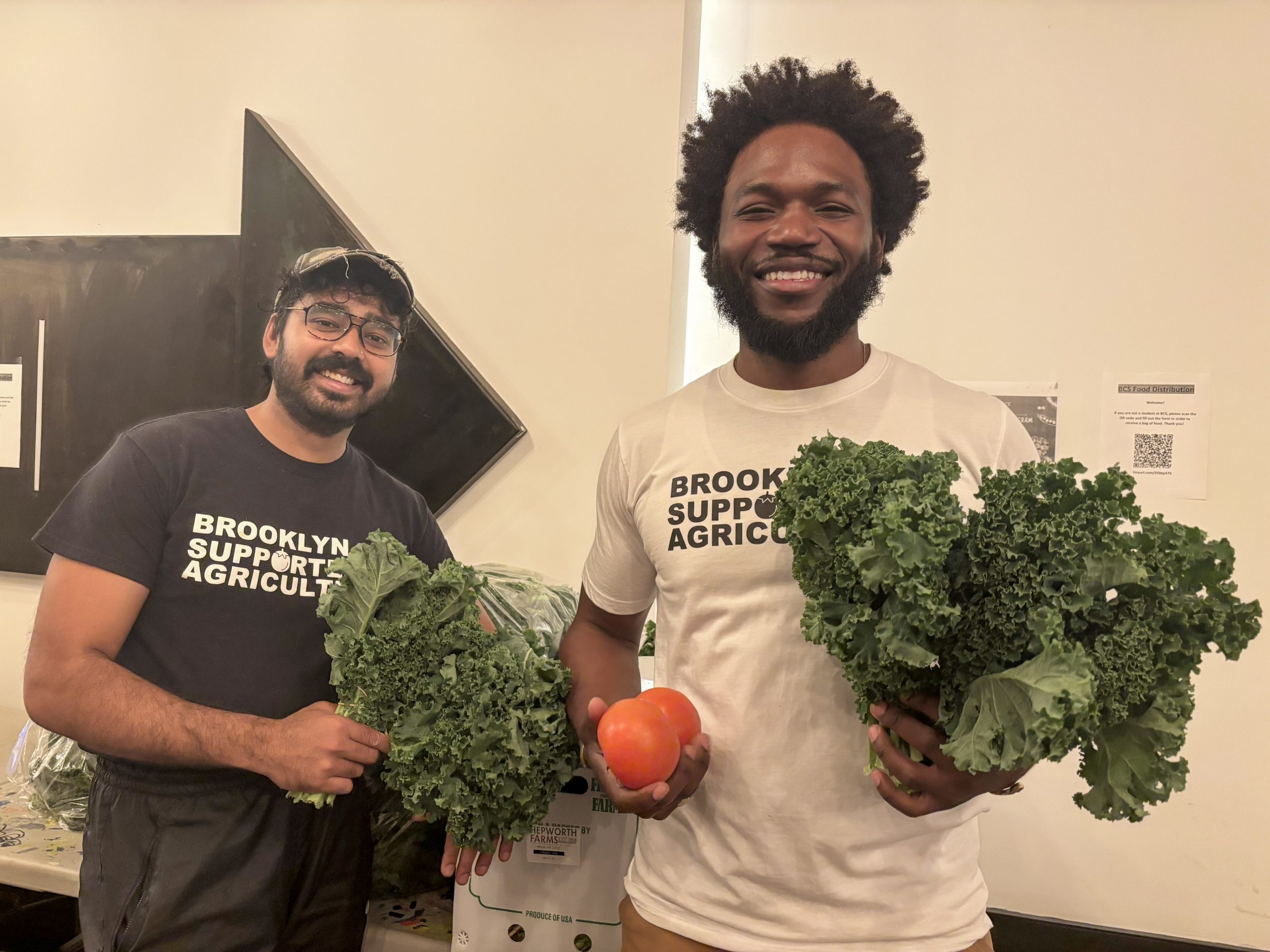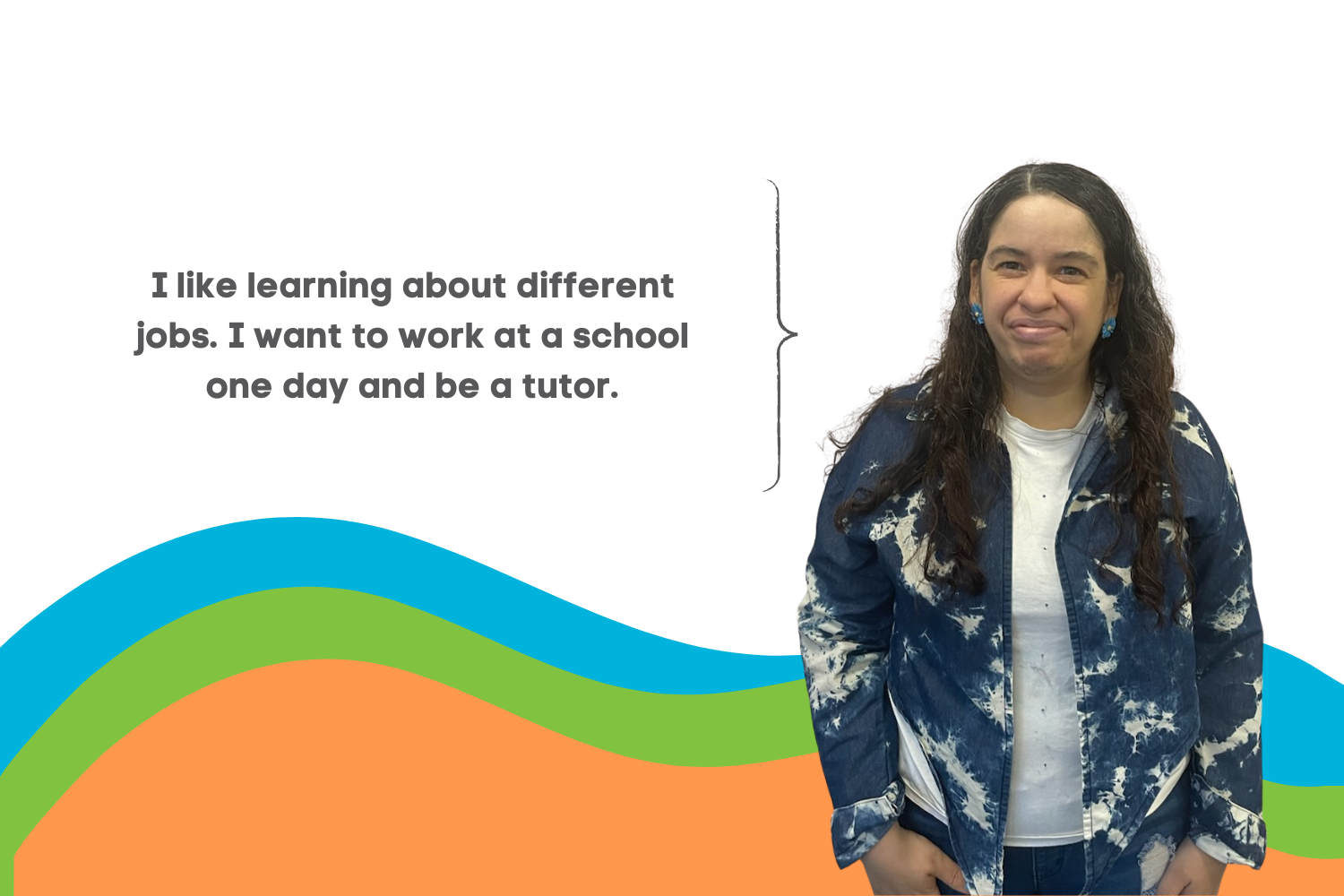Unlocking Why Play is Essential for Kids!
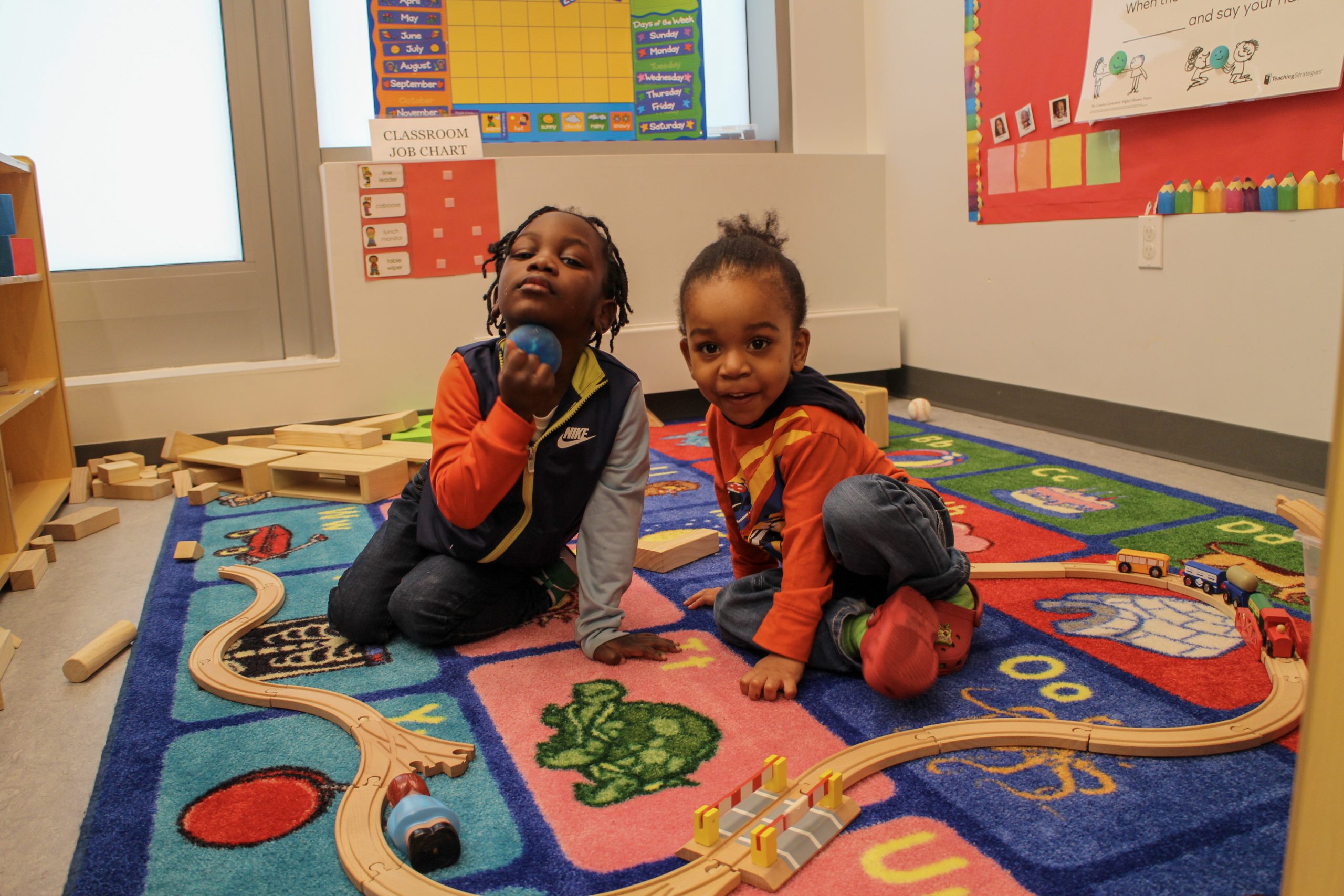
What’s so important about play?
Short answer: a lot! Research on the science of play shows that play is more than just fun and games; it is a pivotal part of children’s physical and mental development. Play allows kids to interact with their environments with imagination, creativity, and autonomy, thus supporting healthy growth in essential skill sets. In fact, play is so vital in children’s early years that the United Nations recognized it as a human right of every child and designated June 11th as International Day of Play.
Play helps children grow in various ways. First, it keeps kids physically active and allows them to build essential reflexes, motor skills, and movement control. It also improves kids’ emotional intelligence by helping them develop self-confidence and self-esteem. When kids play, they actively overcome challenges, resolve conflict, and express the mselves freely and without judgment. Additionally, play has many social benefits, such as allowing children to make new friends, cooperate with others, and learn social norms.
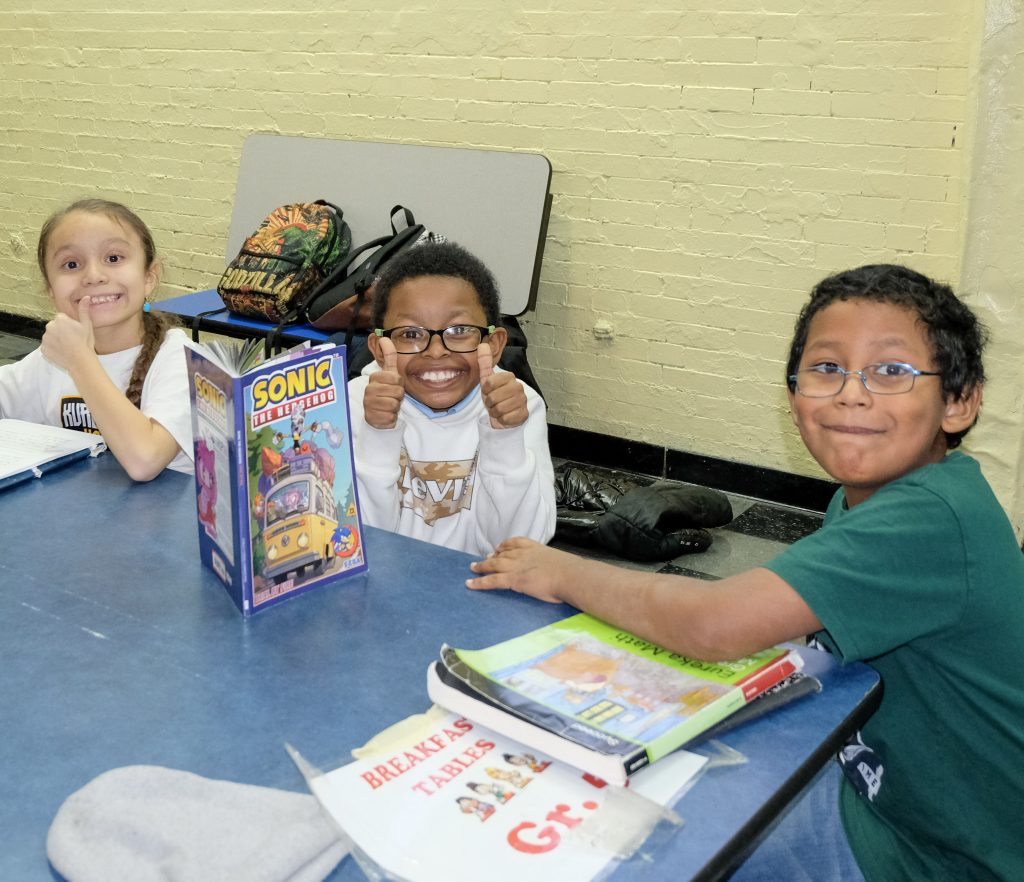
Sharon Holiner, Director of BCS’s Education and Youth Development Division, stresses the importance of group play in BCS’s children’s programs. “Much of what we do provides the opportunity to provide something that’s missing,” Sharon says. “[Students’] self-esteem has seen leaps and bounds. Knowing that we’re addressing that academic need but also able to support children’s social emotional growth and skill building is really important.”
Play is especially meaningful because it is intrinsically motivated. Kids don’t play to receive praise or awards; they play out of genuine curiosity about the world. It’s impossible to overstate play’s impact on a child’s development. A study by the Archives of Pediatric and Adolescent Medicine, for example, found that toddlers who were given blocks to play with during class time scored noticeably better on language tests after six months than toddlers who were not given blocks.
Another study concluded that children who had recently played performed better on divergent problem-solving tasks than children who had not been allowed to play beforehand. The playing children also proved more motivated and persistent in their approach to completing tasks and were more willing to experiment with different ways of doing things. When kids are given more time to play, they show improved attention, and play has proven especially valuable in assisting healthy brain development for children with ADHD.
While play is an essential part of childhood, it is currently declining. Most children in the U.S. now have less free time for play and fewer physical outlets for play at school. The American Academy of Pediatrics reports that many school districts across the country reduced time and funding for recess, creative arts, and even physical education in response to 2001’s No Child Left Behind Act, which prioritized reading and math test scores.
In low-income communities, carving out playtime for students in learning environments is even more difficult. DCentric reports that recess time has been cut nationwide from one-third of schools with the highest poverty rates. Also, many low-income schools have changed their after-care programs to focus more on homework help and study time than creative and physical play.
This is especially true of the communities that BCS serves, which are often under-resourced and less inherently play-friendly. “We’re located in an area where there aren’t a lot of daycare centers,” explains Angelia Chiappara, Chief Program Officer for the Education and Youth Development Division. “The types of enrichment activities that we offer at [the Laurie A. Cumbo Children’s Center] really do help students develop and get ready for elementary school.”
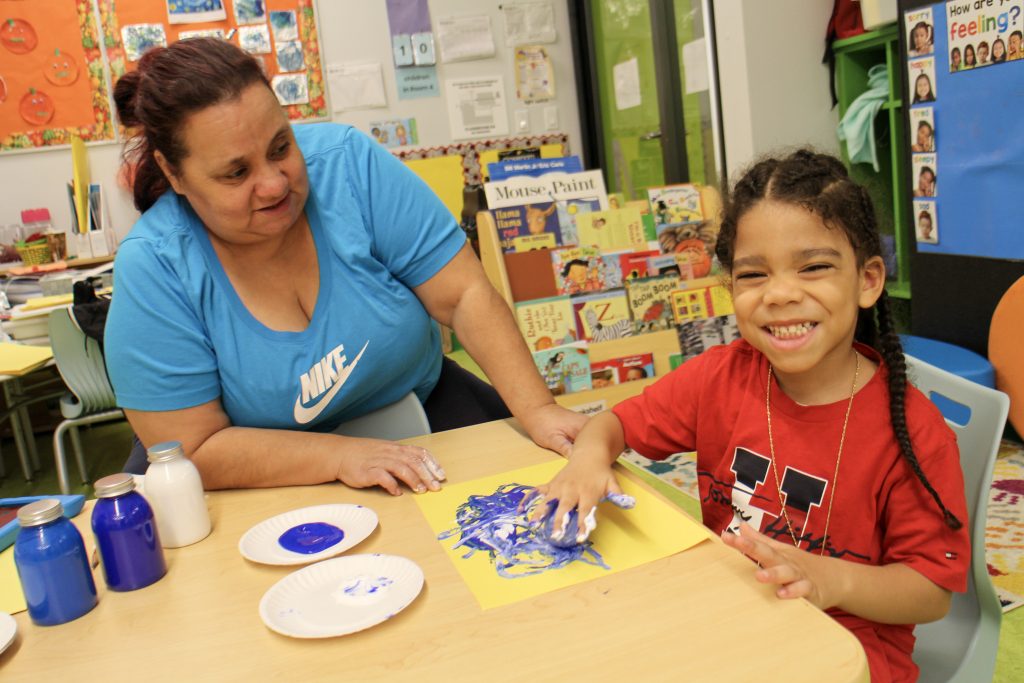
Furthermore, kids in more impoverished areas may be unable to play safely outside of their homes due to violence and other environmental dangers. A study by the American Association of Pediatrics (AAP) found that children living below the poverty line have less opportunity for play because of limited access to in-school play, lack of safe areas in their neighborhoods, and fewer resources from their parents, who may be struggling to simply make ends meet. The AAP notes that city-wide investments in parks and playgrounds, as well as implementing more neighborhood safety measures, could be a good first step in creating more play-friendly environments for kids.
At BCS, we serve over 1,400 children in our Education and Youth Division, many of whom come from low-income Brooklyn neighborhoods. For this reason, one of our primary goals is to make play more accessible for children enrolled in our programs. No matter their circumstances, every child deserves a childhood filled with play, laughter, and learning. Naylani, a 4-year-old student at the Laurie A. Cumbo Children’s Center, says that the best parts of preschool are “playing, learning, and seeing my friends.” Patrick, another Cumbo student, says that his favorite thing to learn in school is–what else?–“Playing!”.
That’s why, in our 2024 Toy Drive, we are making a play a priority. All donations raised in this year’s initiative will go toward providing educational toys like puzzles, building sets, and art supplies to kids enrolled in our afterschool programs. With your help, we can ensure that all young Brooklynites reap the benefits of play, from exploring new perspectives and ideas to boosting memory and connective learning skills. Even just $25 will supply the gift of play to one of our students, giving them countless opportunities to learn and grow.
Want to help us make the holidays a little more playful? Donations for the 2024 Toy Drive are now open! Head to our Toy Drive fundraising page to spread joy to our youngsters this holiday season. A little play goes a long way, and your contribution can help children across Brooklyn become lifelong learners.
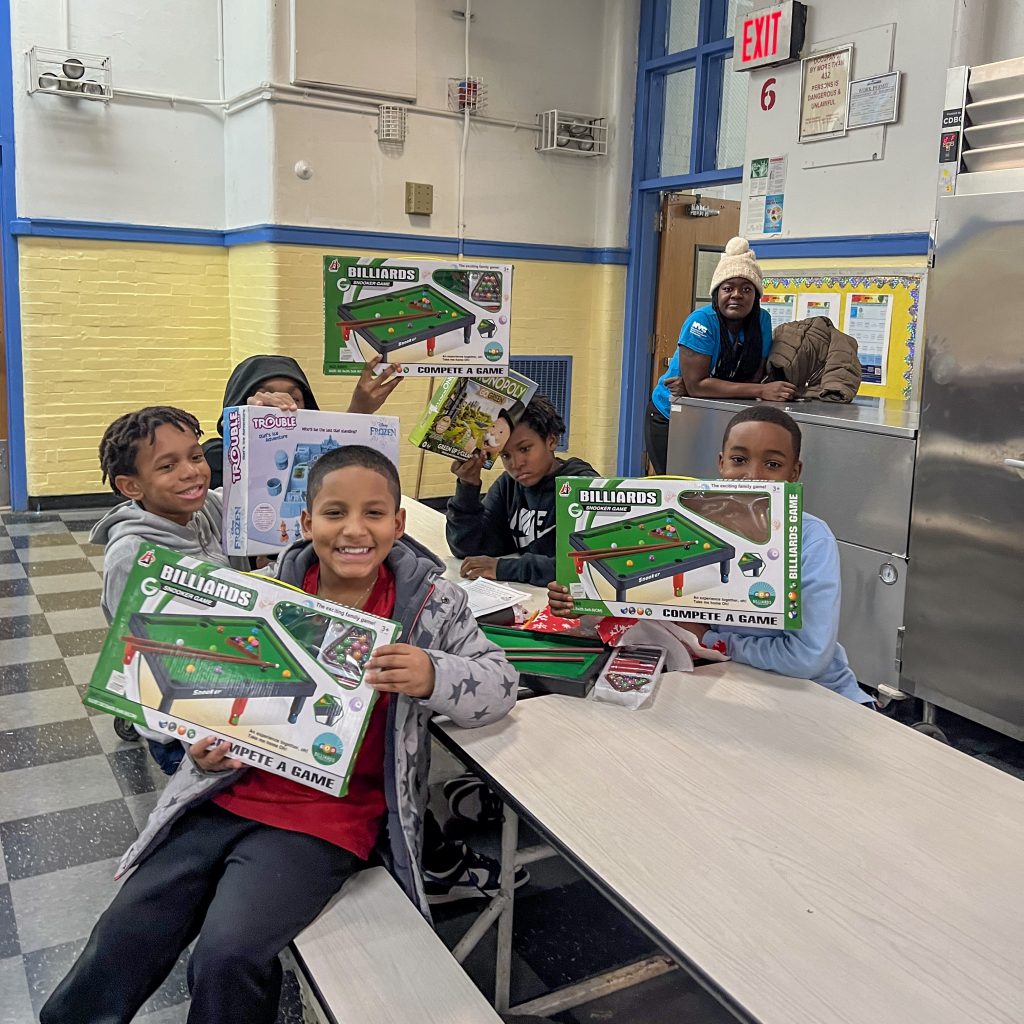
Top Viewed Posts
Youth Art Programs
Program Spotlight: Day Habilitation
BCS Volunteers Spring into Action for Brooklyn
Recent News

Participant Spotlight: Ann Salmon, PROS
July 16, 2025
Read More
 SUBSCRIBE
SUBSCRIBE 


